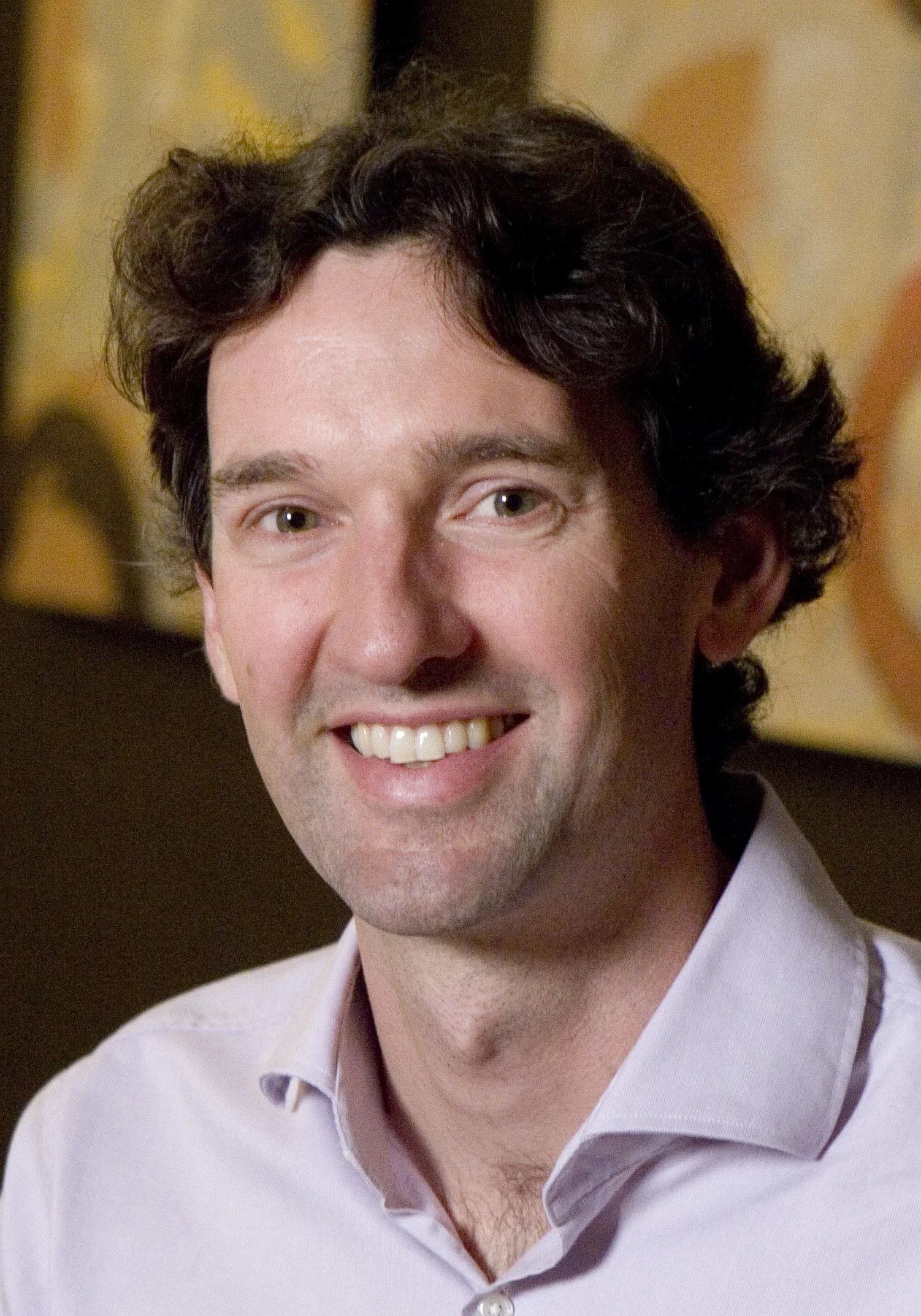Dr. Steven Allison is a Professor of Ecology at the University of California, Irvine. He holds a PhD in Biological Sciences from Stanford University. As part of the University of California’s Carbon Neutrality Initiative, Dr. Allison was named the UC Irvine Climate Action Champion in 2016. He teaches ecosystem ecology and directs the Ridge to Reef Graduate Training Program, an interdisciplinary program focused on skills development for students pursuing careers in environmental fields. His research addresses the resilience of microbial communities to drought and the effect of rapid climate change on carbon losses from southern California ecosystems. Dr. Allison is a Fellow of the American Association for the Advancement of Science and Editor-in-Chief at the interdisciplinary journal Elementa: Science of the Anthropocene. Since 2021, he has served as a member of the Green Ribbon Environmental Committee for the City of Irvine and director of UC Irvine’s Newkirk Center for Science and Society.
STEVEN ALLISON
It’s basically a seed bank of genetic and metabolic diversity. The Earth’s entire microbiome is just a tremendous treasure trove of history, evolution, and diversity. So I would say we have no idea what’s in a lot of that diversity. It's like the dark matter of the universe. People call it the dark matter of the microbiome, and we're still figuring out what that matter does. We know that they're tremendously diverse. The sequencing revolution that happened over the last 20 or 30 years has made it possible to measure the diversity, but we don't know what that diversity is really doing or how to harness it if we need it. So would be wise not to disrespect it.
❧
That's an area where microbial ecologists should be weighing in because there's got to be a lot of creative ways to address our sustainability needs. I personally believe that vertical gardens will be a great thing if more people had those, then they can produce food locally, be involved in the production of their own food, the carbon footprint will be lower, and the health impacts will be positive. But we need to know what is a healthy microbiome for a rooftop garden or a vertical garden because those plants are going to be growing in some substrate. They're going to have a microbiome. There are people interested in this question. In fact, some of my former colleagues have done studies rooftop microbiome is in urban areas.
This interview was conducted by Mia Funk & Karyna Howell with the participation of collaborating universities and students. Associate Interviews Producer on this podcast was Karyna Howell. Digital Media Coordinators are Jacob A. Preisler and Megan Hegenbarth.
Mia Funk is an artist, interviewer and founder of The Creative Process & One Planet Podcast (Conversations about Climate Change & Environmental Solutions).



















































